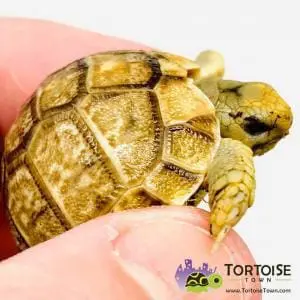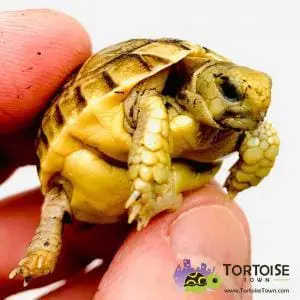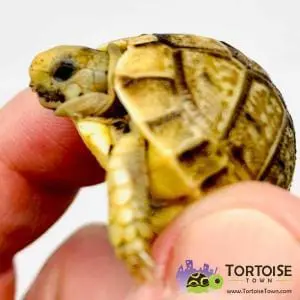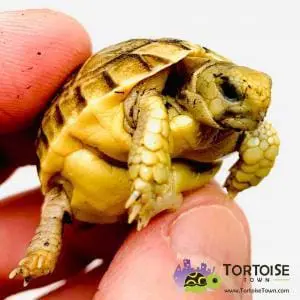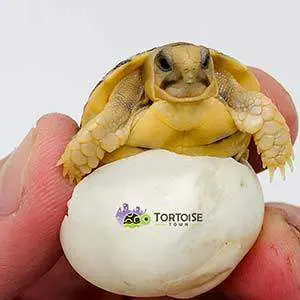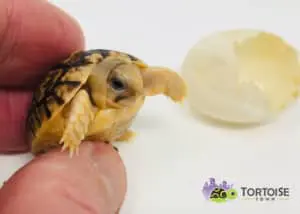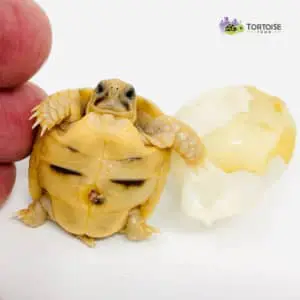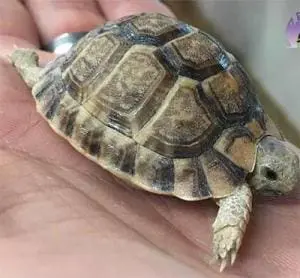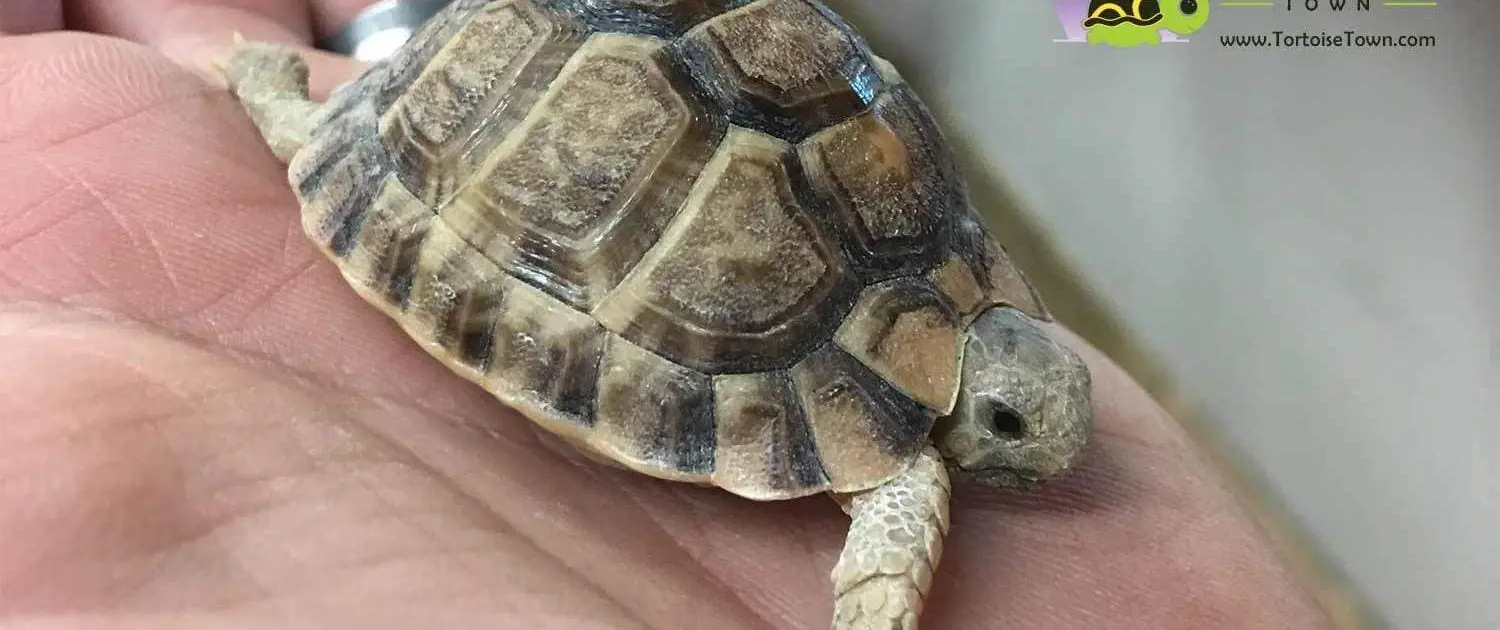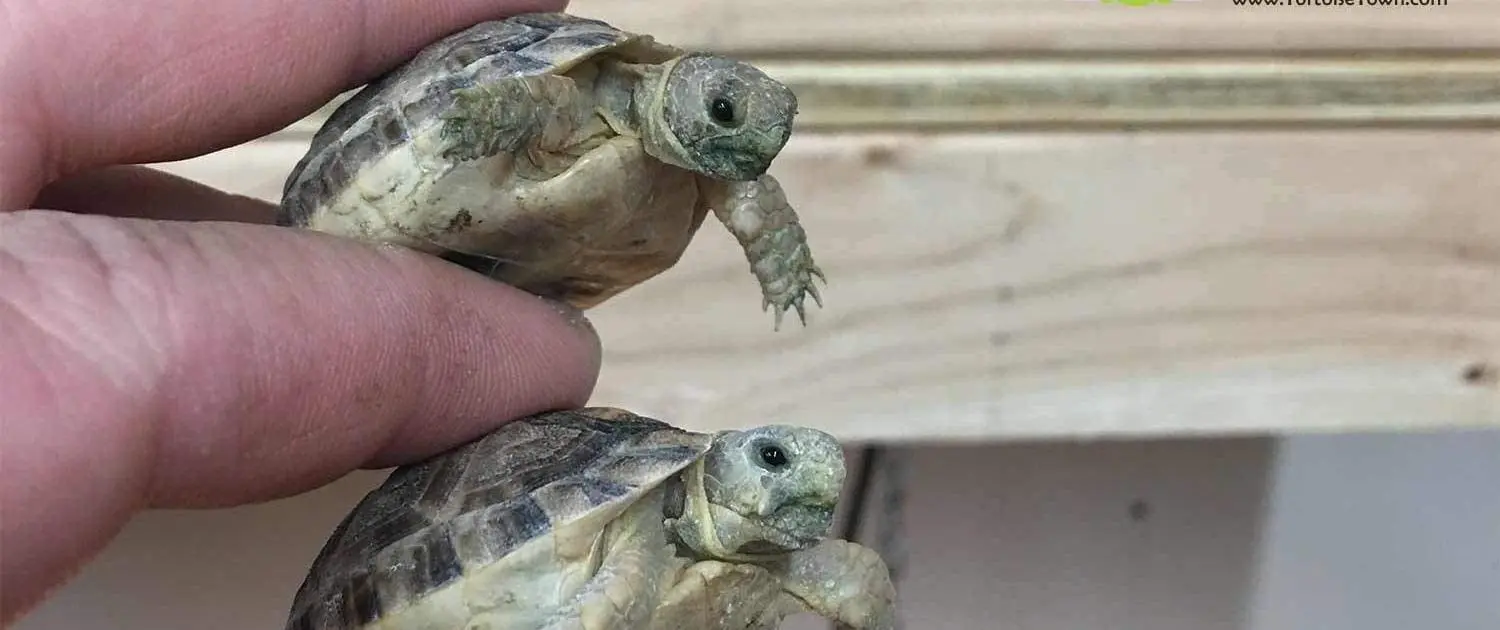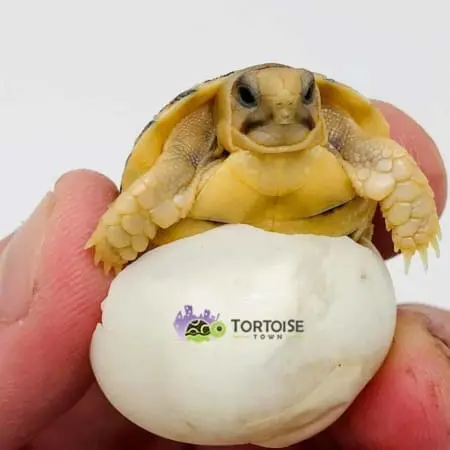Egyptian Tortoise for sale
Before purchasing your new Egyptian tortoise for sale, find a reputable egyptian tortoise breeder, offering only captive bred baby Egyptian tortoise. Egyptian tortoises are some of the smallest of all tortoises. If you are looking for a small tortoise for sale, or a miniature tortoise for sale so to speak, this is it, Unfortunately, they are very rare, and only lay 1 egg per season, so do not expect them to be a cheap tortoise for sale!
Testudo Kleinmanni – Described by Lortet in 1883 – has several common names: the Egyptian tortoise, the miniature tortoise and the Kleinmann tortoise. They are a coastal species and are never found any more than 100km from the sea.
Smallest species of tortoise for sale in the world is the Egyptian!
Egyptian tortoise for sale are some of the smallest species of all tortoises on earth, and make excellent pet tortoises, however, due to their near extinction in the wild, they nearly only exist in captive breeding programs, like ours. That being said, these cute little golden dinosaurs only produce 1 egg per female, per year, and therefore are pricey. If you are looking for the rarest of the rare, and the smallest of the small, this is it.
Egyptian tortoise for sale are as rare as they come!
This little tortoise has unfortunately become very rare over the last couple of decades and is now bordering on extinction. Their natural range is limited to Northern Egypt, Western Negev, Israel and Northern Cyrenaica, Libya. Despite conservation efforts from groups such as The Tortoise Trust, it is still being exploited for the black market pet trade and tourist trades – often resulting in the deaths of animals to make a macabre musical instrument out of their carapaces.
Now considered to be the rarest of all the testudo species, Kleinmann’s Tortoise for sale has been granted the highest CITIES protection of Appendix 1 due to extensive habitat destruction and over collection. Researchers working with this species have designated it to be on the fast track for extinction – calling for urgent measures to be taken to save it.
Finding the right baby Egyptian tortoise
Remember when searching for any tortoises for sale, including a new baby tortoise for sale, tortoise town is your source for the best tortoise for sale , baby tortoises for sale , baby turtles for sale, and adult turtles for sale of any turtle store anywhere including a huge aquatic turtles for sale section. If you are interested in tortoise care, please visit our care section.
Baby Egyptian Tortoise Care
Keep Egyptian tortoise hatchling care as simple as possible. Using anything that can keep the humidity in, and the air movement low is key. Also, provide adequate light and access to water and food. Below you will find many options as far as feeding, temperature control, and habitat set up. Also information on habitat decoration regarding keeping a baby Egyptian tortoise for sale. Above all, Tortoise town produces the nicest Egyptian tortoise hatchlings for sale, anywhere in the USA.
Egyptian tortoise care – baby Egyptian tortoise foods
Diet is key to having a healthy, thriving baby Egyptian tortoise! Having the right diet is easy, so long as you invest time in learning proper Egyptian tortoise food dos and donts’. Take care of the types of greens you select when planning the Egyptian tortoise diet. Avoid greens that are high in oxalic acids. Some of these include chives, parsley, and dandelion too often, spinach.
These greens, when fed consistently, can be exceptionally hazardous to Egyptian tortoises. Unfortunately, the oxalic acid binds with calcium to form calcium oxalate. This not only reduces the available calcium but the way the Egyptian tortoise kidney works, it concentrates the solid, which will lead to kidney or bladder stones. Feeding too many greens high in oxalic acid can be fatal to your baby Egyptian tortoise, therefore it is important that you follow our feeding guidelines.
Proper baby Egyptian tortoise diet
An Egyptian tortoise hatchling’s diet is very important, and improper diet is usually the reason for baby Egyptian tortoise death. Egyptian tortoise diet should consist of dark, leafy greens, such as dandelion greens and plantain greens. Any of the dark, leafy lettuce you can get at a grocery store can be used. Although there is no hard-and-fast rule, you can feed them daily or every other day. When feeding a balanced healthy diet, overfeeding your baby Egyptian tortoise shouldn’t be a concern. Baby Egyptian tortoises for sale will only eat as much as they are able.
Feed Egyptian tortoise hatchlings fruits sparingly
Lastly, fruits, such as apples, pears, and bananas, can be used sparingly. While they are a treat, remember to feed them sparingly. Feeding a small portion of fruits is ok, but only to be fed once or twice a week. Keep in mind that a varied diet is key to good development for your new baby tortoise.
Baby Egyptian tortoise food list
Mazuri tortoise chow is a staple of our Egyptian tortoise diet. We soak the pellets in water for 5 minutes to get them nice and soft. Next, we toss them in the “salad” we prepared by chopping our veggies and greens. Combining everything is key to having a balanced diet for your new baby Egyptian tortoise for sale.
When using Mazuri pellet diets, vitamin supplements are not necessary with the exception of the possible need for calcium. Mazuri tortoise chow, for example, contains D3 but not always enough calcium. We use a mixture of calcium and reptivite. It is important to be sure that your Egyptian tortoise for sale is getting proper calcium and vitamin D3 and adding Mazuri to his or her diet covers that base for you with ease. Proper UV lighting, of course, is also important for vitamin D3 production and metabolization.
Heat and Light for the baby Egyptian tortoise for sale
Heat and lighting are important variables that need be paid attention to for all species of small tortoise. Keep your baby Egyptian tortoise temperature range from 75 to 85 degrees. This needs to be done carefully because the tortoise can be easily dehydrated if the proper UVB lighting is not used. UVB lamps provide the essential ultraviolet light a tortoise needs to metabolize calcium for bone development and proper shell growth. Vitamin D plays a major roll in your tortoise’ growth as he or she matures.
Egyptian tortoise supplements
When feeding commercial diets in addition to greens, vitamin D3 supplementation is occurring. Some tortoise keepers actually believe that UVB exposure is not always necessary. The school of thought is that because all of the popular pellet diets contain vitamin D3 they do not need UVB.
We recommend a reptisun or Arcadia 5% t5 high output lamp for a hatchling. For juveniles to adults, a 10.0 or 12% lamp can be used. Another option is the use of UVB fluorescent tubes and an incandescent lamp for heat. Not recommended but sometimes used is an underside heat mat. A Ceramic heat emitter for sale is a better choice to provide heat from above.
Egyptian tortoise humidity
High humidity is very important for Egyptian tortoise hatchlings. Also, low air movement seems to help a ton regarding faster growth. At Tortoise Town, we keep our baby tortoise humidity range around 75%. For adults, we keep it anywhere from 65-75% for 2-3 hours per morning (by use of a fogger on a timer each morning at 6 am). After the fogger is finished it’s 2-3 hour cycle, we allow our adult Egyptian tortoise enclosures to dry out and reach humidity percentages as low as 30%. This cycle starts again each morning and ends again each evening with dry air.
Adult Egyptian Care
Egyptian tortoise for sale can reach adult size in four years, but they typically reach adult size in seven to 10 years. As they grow, their enclosure and environment should grow with them. The best indoor enclosure for adult Egyptian tortoises is a tortoise table, which is nothing more than a setup measuring 2 feet long, 2 feet wide and 2 feet tall. This would comfortably house a pair of adults. The size can always be larger, but this is a minimum.
